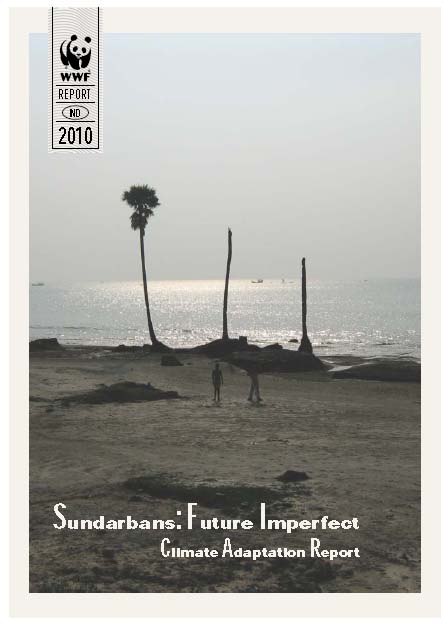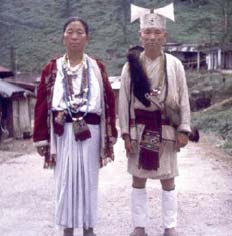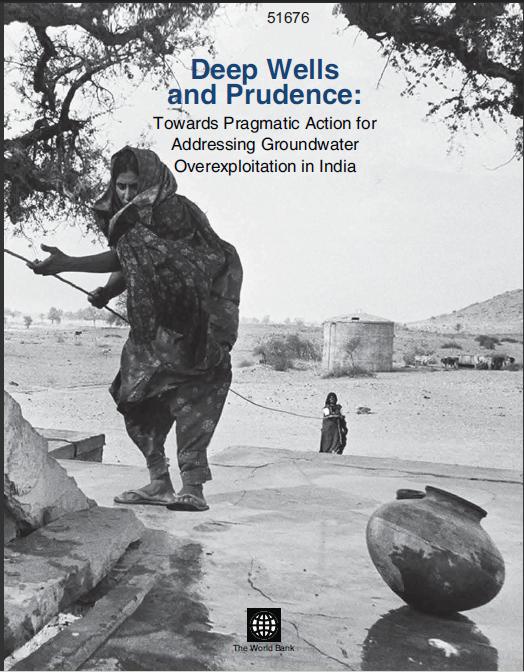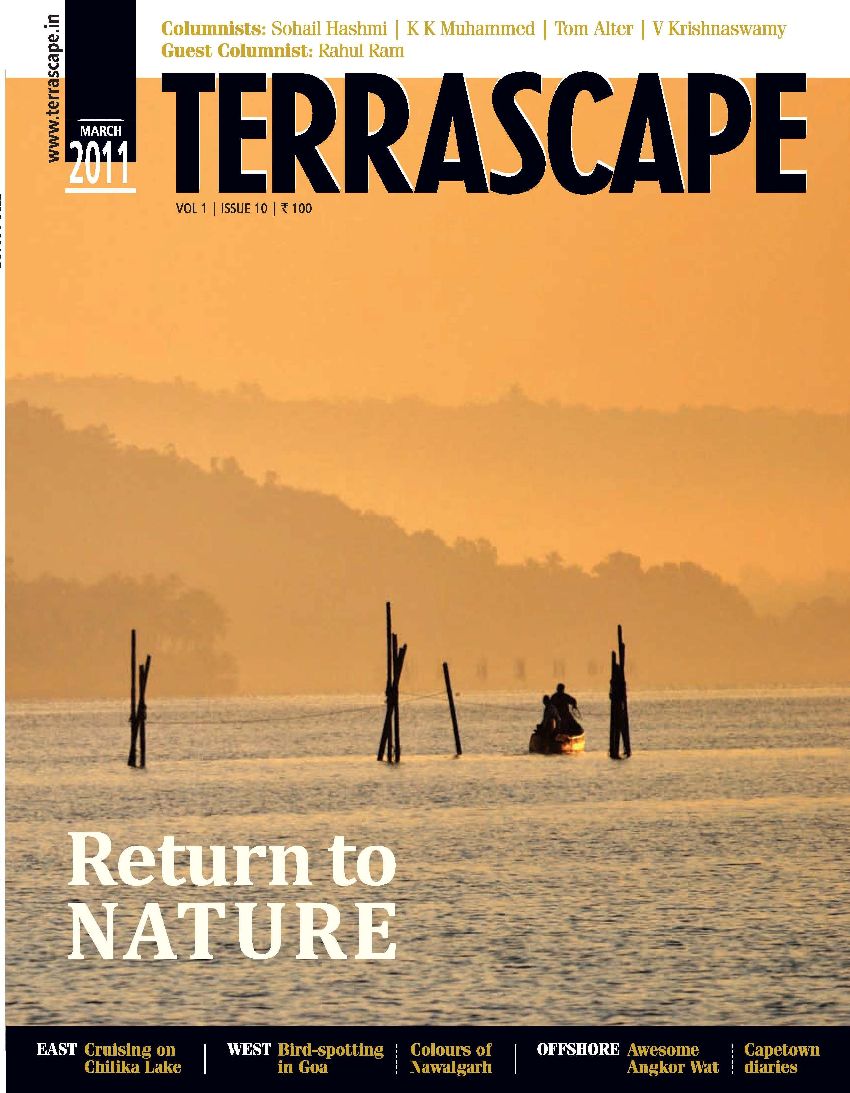Lifestyle
Sunderbans - A climate adaptation report by World Wildlife Fund India
Posted on 09 May, 2011 09:23 PM Beginning in 2005, WWF-India has conducted dozens of personal interviews to record how climate change impacts people's lives here and now. These perceptions demanded that s
Beginning in 2005, WWF-India has conducted dozens of personal interviews to record how climate change impacts people's lives here and now. These perceptions demanded that s
Call for entries on Jeevika Asia Documentary Festival 2011 - Centre for Civil Society – Apply by 4th July, 2011
Posted on 09 May, 2011 05:05 PMTaking place in the heartland of India, New Delhi, the 8th JEEVIKA: Asia Livelihood Documentary Festival is a non-profit film showcase promoting films that put livelihood on the live wire! Organised by the Centre for Civil Society, the documentary festival is a part of the larger Livelihood Freedom Campaign ‘JEEVIKA’ which helps develop public policy measures to clear the path for free enterprise.
Role of indigenous knowledge system in conservation of forest resources – A case study of the Aka tribes of Arunachal Pradesh – A paper in the Indian Journal of Traditional Knowledge
Posted on 23 Apr, 2011 09:01 PM Indigenous knowledge is the basis for local level decision making in agriculture, healthcare, food preparation, education, natural resource management, and a host of other activities in rural communities.
Indigenous knowledge is the basis for local level decision making in agriculture, healthcare, food preparation, education, natural resource management, and a host of other activities in rural communities.
Between the city and the salty sea - The wells of Bhuigaon, Thane, Greater Mumbai - Guest post by MS Gopal
Posted on 22 Apr, 2011 05:57 PMAs the concrete jungle of Greater Mumbai reaches Bhuigaon and overuse of groundwater sucks in the sea water, the traditional wells are under threat.
Traditional fishing techniques of tribes in Bastar region of Chhattisgarh – A paper in the Indian Journal of Traditional Knowledge
Posted on 20 Apr, 2011 07:52 AMTribal habitat and rich primitive culture covers many traditions and fish is an integral part of the tribal food habit since times immemorial in this region. The life of tribes mainly depends on naturally available foods which can rarely be reaped in other places. The fishing techniques are specialized according to structure, size of stream, season and species of fishes intended to be harvested.
Bhisti community in Kolkata usurped by taps - A film from Video Volunteers
Posted on 18 Apr, 2011 12:15 PM
Deep wells and prudence - Towards pragmatic action for addressing groundwater overexploitation in India - A World Bank document (2010)
Posted on 12 Apr, 2011 01:51 AM India is the largest user of groundwater resources in the world. It is estimated that approximately 230 cubic kilometers per year is used annually, this is more than a quarter of the total world consumption from this resource.
India is the largest user of groundwater resources in the world. It is estimated that approximately 230 cubic kilometers per year is used annually, this is more than a quarter of the total world consumption from this resource.
It is in this context that this World Bank report looks at the reasons for this quantum of groundwater usage.
The report delves into socio-economic and political reasons and looks at policies which inadvertently promote so much extraction. The report also analyses various attempts to manage this resource. These attempts range from government and international agency efforts directed to grassroots mobilisations. Finally the report comes out with suggestions to deal with this crisis.
Calling entries for 'IDPA Awards for Excellence 2010' – Apply by 15th May, 2011
Posted on 11 Apr, 2011 04:53 PMIndian Documentary Producers' Association (IDPA) is a non-profit organisation that came into being in 1956. It is registered as a public trust under the Bombay Public Trust Act 1950. Today IDPA is India’s single largest association of producers of documentaries, animation films, advertisement films and TV programmes. IDPA has organised film festivals and instituted awards to recognise and reward the talents of Indian short film makers. IDPA is also involved with educational institutions that offer courses in media and communications and would like to reach out to young people entering the profession.
Indian standard code of practice for installation of septic tanks (IS: 2470) - Bureau of Indian Standards (1986)
Posted on 11 Apr, 2011 03:46 AMThis IS Code provides various requirements that have to be met while constructing a septic tank, so that it meets minimum standards. This Code is dictated by the Bureau of Indian Standards, and ensures that the sewage is treated in a way that maintains health and hygiene of the community.
While the first standard for small septic tanks was first printed in 1963 and then revised in 1968, the standard for disposal of effluent from septic tanks was published later in 1964 and revised in 1971.
This code has been sourced through City Managers' Association Karnataka (CMAK), a non profit that provides technical expertise to urban local bodies.






